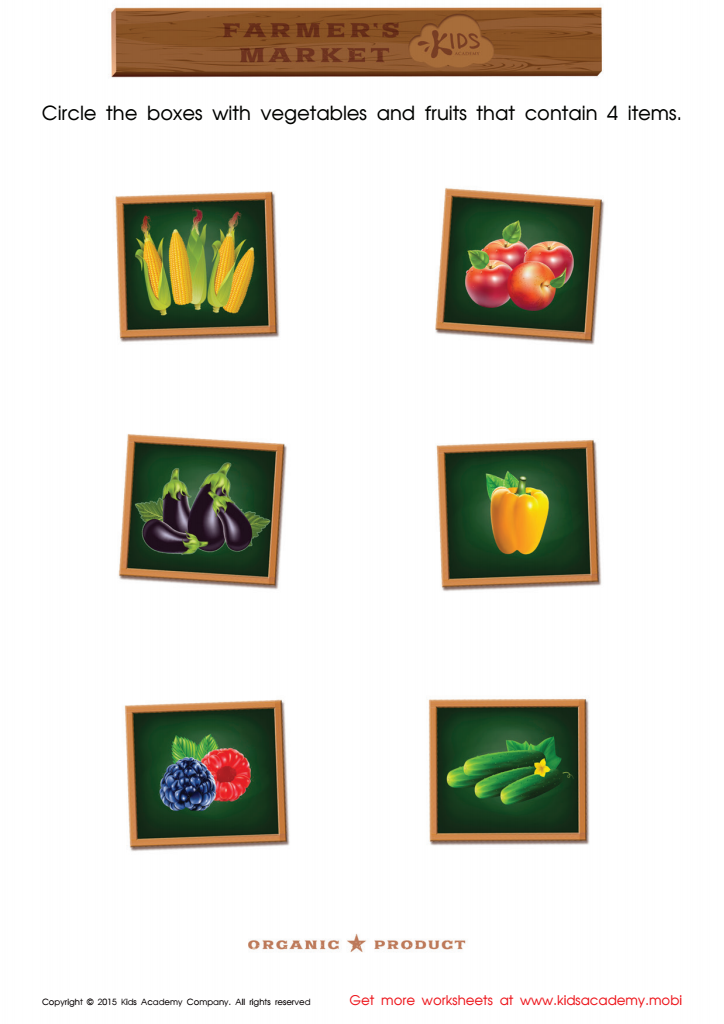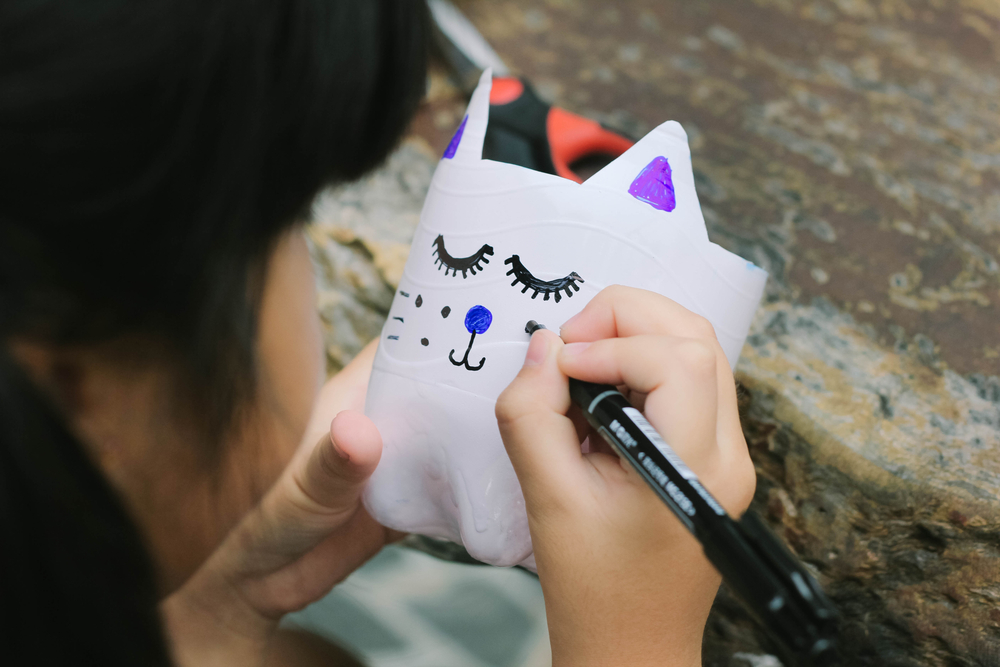Matching quantities Worksheets for Kids
1 filtered results
-
From - To


Count and Match Vegetables 2 – 8 Math Worksheet
Question/Answer
How to train the Matching quantities skill in Kindergarten students learning about Numbers?
To train the Matching Quantities skill in Kindergarten students, engage them in hands-on activities such as pairing objects with number cards, playing memory games that match objects with numerical representations, and organizing counting exercises using real-life items (like fruits, toys, or counting bears).
Why is the Matching quantities skill important for Kindergarten students?
The Matching quantities skill is crucial for Kindergarten students as it lays the foundational understanding of numbers, fostering early math skills. It helps them recognize quantity relationships, enhances problem-solving abilities, and supports the development of logical thinking. This skill is essential for future mathematical learning, including addition and subtraction, and for daily life tasks involving numbers.
How does the mastery of the Matching quantities skill affect a student's performance at an early age?
The mastery of the Matching Quantities skill at an early age significantly boosts a student's mathematical foundation. It enhances their understanding of numbers, fosters early arithmetic skills, and improves problem-solving abilities. This foundational competency sets the stage for more complex mathematical concepts, promoting confidence and academic success in mathematics and other STEM fields as they progress in their education.
 Assign to the classroom
Assign to the classroom
.jpg)











